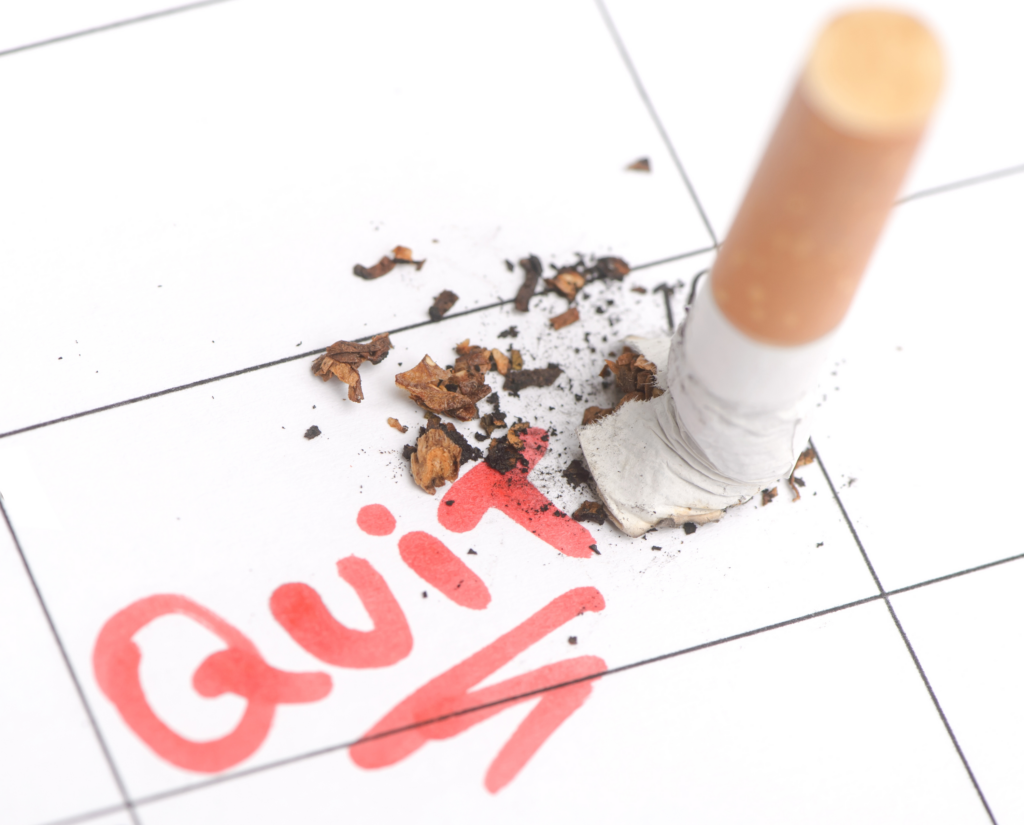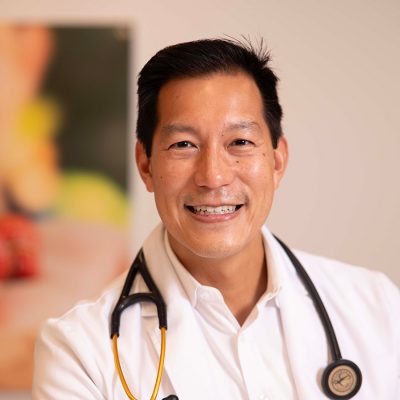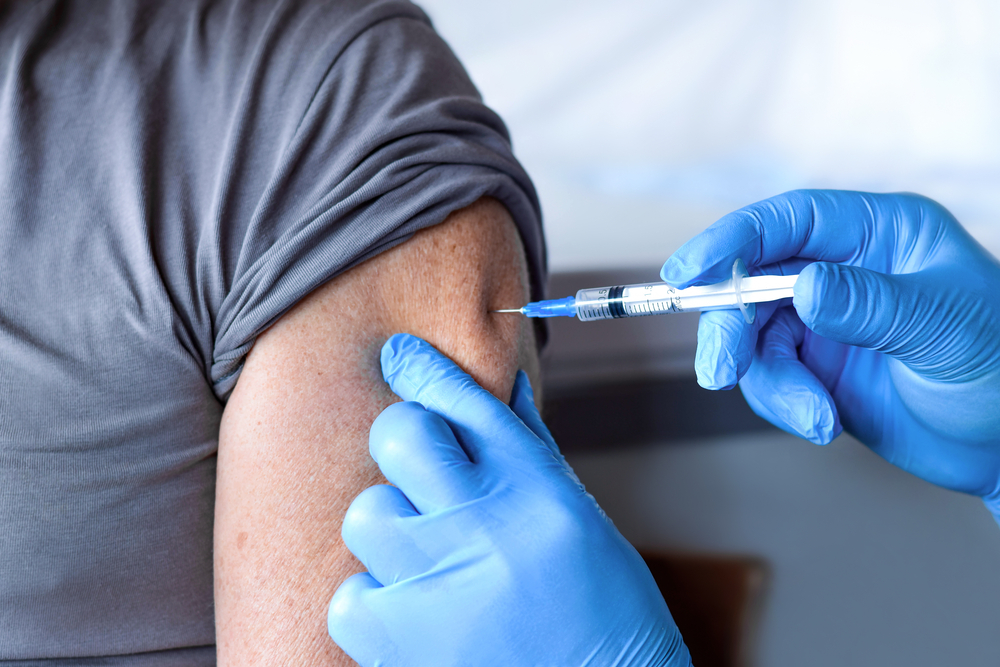The rate of cigarette smoking has dropped precipitously since the American Cancer Society first took The Great American Smokeout nationwide in 1977. The 46th year of the observance will be celebrated on November 16th.
Still, an estimated 34 million Americans continue to smoke today (14 percent of adults – from a high of 42 percent in 1965). Smoking remains the single largest preventable cause of death and illness in the world – responsible for about 1 in 5 deaths.
“Smoking cigarettes affects virtually every organ of the body, and greatly raises the risk of mortality,” said Dr. Daren Wu, Chief Medical Officer at Open Door Family Medical Center. “Tobacco use is still the #1 modifiable risk factor leading to premature death. More than 300,000 Americans die from smoking-related factors each year. Smoking not only raises the risk of all cardiac and lung diseases, but it also strongly contributes to almost every type of cancer.”
Dr. Wu said that Open Door takes its dangers so seriously that it includes questions about smoking in its daily pre-visit planning process, which its clinical care teams also use for determining which patients need better chronic disease management (along with high blood pressure scores for hypertensives at their last visit or elevated sugar levels for diabetics) and preventive care measures. “When patients screen positive for smoking or vaping, we engage them in a discussion on the risks and the availability of resources and treatments to help them quit, often prescribing quit medications right then and there.”
This may include nicotine replacement products like gum or the patch, or medications like Zyban (generic bupropion) or Chantix (generic varenicline). Participation in tobacco cessation programs run by Open Door’s Behavioral Health team is strongly encouraged.
“We have found so many patients who are resistant to reducing or stopping smoking year after year, visit after visit, at some point come in and say something like ‘You know, I’m finally going to do it. I want to stop, please help me.’ Having clinicians expressing concerns for their patients’ health and incessantly reminding patients on the importance of reducing self-harm through smoking – or vaping, or drinking, or drugs – really works!”
Vaping, said Dr. Wu, is also a serious concern, one that is associated with a new form of lung damage called “e-cigarette or vaping product associated lung injury,” or EVALI. “EVALI causes permanent lung damage. One young man I took care of used to play high school football, and now has permanent lung damage from vaping. He would have died, in fact, were it not for the care he received in the ICU, and now will never have the lung capacity or physical conditioning to play any competitive sport or even keep it up recreationally.”
Passive smoking, or exposure to second hand smoke, is also a dangerous byproduct of smoking, he said. “Statistics show that being exposed long-term to second hand smoke, such as when a parent or grandparent in the house smokes, raises the risk of cardiac mortality and morbidity, as well as strokes, by up to 30 percent. That’s even if the recipient never smoked. Second hand smoke kills.”
The Great American Smokeout, said Dr. Wu, casts a spotlight on the continued importance of the dangers of smoking – even for those who are not prepared to quit cold turkey.
“It’s very hard for people to completely stop smoking,” he said. “Yet, any reduction, such as from a pack a day to 15 cigarettes per day, is very impactful. From there, one can more easily make the transition to smoking 10 or 12 a day, and so on. For those who cannot stop completely, any reduction is good. It’s just like the person who needs to lose 30 pounds and loses 10 or 15 and sustains that, even if they never get to lose the entire 30 pounds to reach their ideal weight. It’s all progress as far as the concept of ‘harm reduction’ is concerned and therefore something that needs to be celebrated.”




